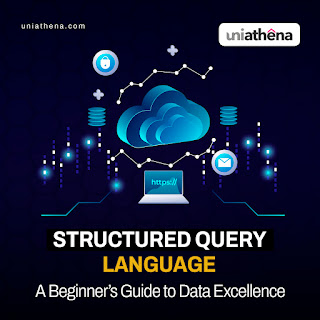Procurement Essentials: From Strategic Sourcing to Contract Management
In any organization, Procurement, and Contract Management is a crucial part of Supply Chain Management. These processes make certain that purchasing managers can purchase goods and services that are essential to firms at the right quality and in the most efficient manner possible without harming the relationships between firms and their suppliers and vendors. Overall, by following these principles businesses can achieve maximum efficiency, and apply best practices for cost minimization and risk management.
To find out more about Contract Management and Procurement, as well as which is the best place to get started with Procurement and Supply Chain courses, keep reading.Strategic Sourcing: A Foundation of Procurement
It is essential to understand that strategic sourcing is the key principle of Procurement. This approach entails assessing optimal spending patterns, macroeconomic factors that affect the industry, and supplier capacities, as well as the abilities of an organization that can help to select an ideal supplier. By leveraging data-driven insights, companies can:
Identify cost-saving opportunities
Streamline supplier relationships
Foster reliability and customers’ overall satisfaction with the produced goods and services
Enhance negotiation strategies
Strategic sourcing results in the generation of appropriate knowledge since it forms a strategic plan of execution, which relies on the long-term goals and objectives of an organization.
Contract Lifecycle Management: Value Creation and Risk Management
However, after they have been sourced, sound Contractual Management is required to ensure stability. Contract Lifecycle Management (CLM) is a sequence of activities for contract generation, negotiation, signing, and monitoring for renewal or cancellation. Key aspects of CLM include:
Contract drafting and negotiation
Performance measurement and compliance reporting
It described how change management should be implemented to avoid conflicts or how disputes can be resolved in the company.
Contract renewal or termination
It has also been pointed out that proper regulation of the contractual process and keeping track of the legal agreements can be facilitated through the help of a CLM system that in turn decreases legal risks and paves the way for future improvements and potential cost savings.
Technological & Automation in Procurement & Contract Management
This is especially an essential aspect in today’s business world as technology plays a pivotal role in enhancing Procurement and Contract Management. Software advancements can help complete repetitive work more efficiently, analyze data on the progress instantly, and combine various departments’ efforts effectively. Benefits of technology adoption include:
Better control over production processes and work output; thus minimizing on chances of making mistakes.
Increased understanding of cash flow and the performance of the contracts that have been awarded.
The increase in compliance and the overall reduction of risks.
Better data-driven decision-making
The use of technology enables organizations to develop more value and competitive advantage in their Procurement and Contract Management
Conclusion
Procurement and Contract experts are in high demand across a range of industries, including Healthcare, Fashion, and Retail. Globally, recruiters are looking for professionals who have Procurement and Contract Management acumen. If you also want to stay ahead in this competitive industry look no further than the UniAthena’s Executive Diploma in Procurement and Contract Management. This two- to three-week Procurement and Logistics Management online course will become your official professional qualification in the Procurement industry.




Comments
Post a Comment